RECORD low oil prices have prompted travel agents to call for the fuel surcharge levied on air passengers to be scrapped.
The fuel surcharge is among the additional costs and taxes added to the base cost of an air ticket. The surcharge dates back to a period of volatility in the oil price about 10 years ago, when the cost of Brent crude hit levels as high as $120 a barrel.
At that time, airlines approached the industry and the government and asked for an adjustment to ticket prices by accounting separately for the cost of fuel and levying a surcharge on it. However, the country’s low-cost airlines Mango, FlySafair and kulula.com do not charge a fuel surcharge as they are relatively new and are not linked to legacy decisions, according to transport economist and aviation expert, Joachim Vermooten.
The fuel surcharge is charged by South African Airways (SAA) and British Airways franchisee Comair in SA, as well as other international airlines.
SA is a long-haul destination, located far from key traveller source markets. International aircraft flying to the country consume more fuel and often do not stop to refuel on some long distance routes.
The Association of Southern African Travel Agents (Asata), which represents 85% of travel agents in terms of market share, argues that it no longer makes sense to levy a separate fee for fuel when the oil price is trading at about $30 a barrel.
Asata said that, on average, the fuel surcharge was R500 and could be significantly higher depending on whether the flight was international.
"What we are seeing is abusive behaviour on the part of airlines to generate or drive additional revenue to their pockets under the banner of a fuel surcharge," Asata CEO Otto de Vries said.
According to Asata, the Hong Kong Civil Aviation Department last week announced that airlines flying out of the city would no longer be allowed to charge a fuel surcharge because of lower fuel prices. SAA, which operates a Hong Kong flight, had scrapped the fuel surcharge on its Hong Kong flights.
SAA spokesman Tlali Tlali said the airline was unable to respond to questions at the time of going to print.
Comair, which also operates kulula.com, dismissed the travel agents’ claims. Comair CEO Erik Venter said while the fuel surcharge had indeed been created to allow airlines to adjust ticket prices at a time of volatile oil prices, an unintended consequence was that it allowed airlines to provide "personalised" fares to corporate clients, travel agents and tour operators.
The fuel surcharge had become a mechanism for airlines to adjust ticket prices and had "very little relevance" to the fuel price, Mr Venter said.
"Today most airlines … have thousands of fares in operation, and it has become completely impossible to adjust all of these fares individually."
Mr Venter said ticket prices had fallen 20% since last year. This was as a result of the lower oil price, the weak economy, and more seat capacity.
Mr Vermooten agreed that the fuel surcharge for passenger airlines had become a means to adjust ticket prices.



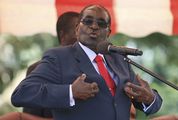

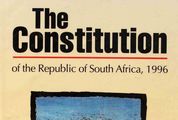
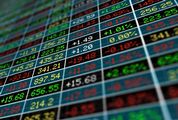

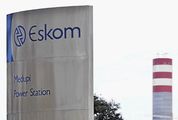






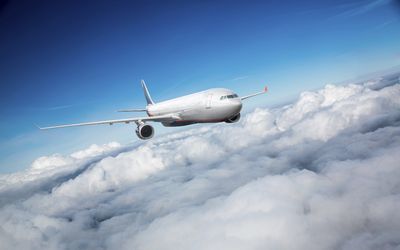





Change: -1.46%
Change: -1.32%
Change: -1.02%
Change: -1.11%
Change: -3.27%
Data supplied by Profile Data
Change: 0.34%
Change: 0.21%
Change: -1.46%
Change: 0.00%
Change: 0.51%
Data supplied by Profile Data
Change: 0.20%
Change: 0.14%
Change: 0.05%
Change: 0.30%
Change: -0.23%
Data supplied by Profile Data
Change: 0.05%
Change: 0.00%
Change: 0.07%
Change: -0.18%
Change: 0.39%
Data supplied by Profile Data